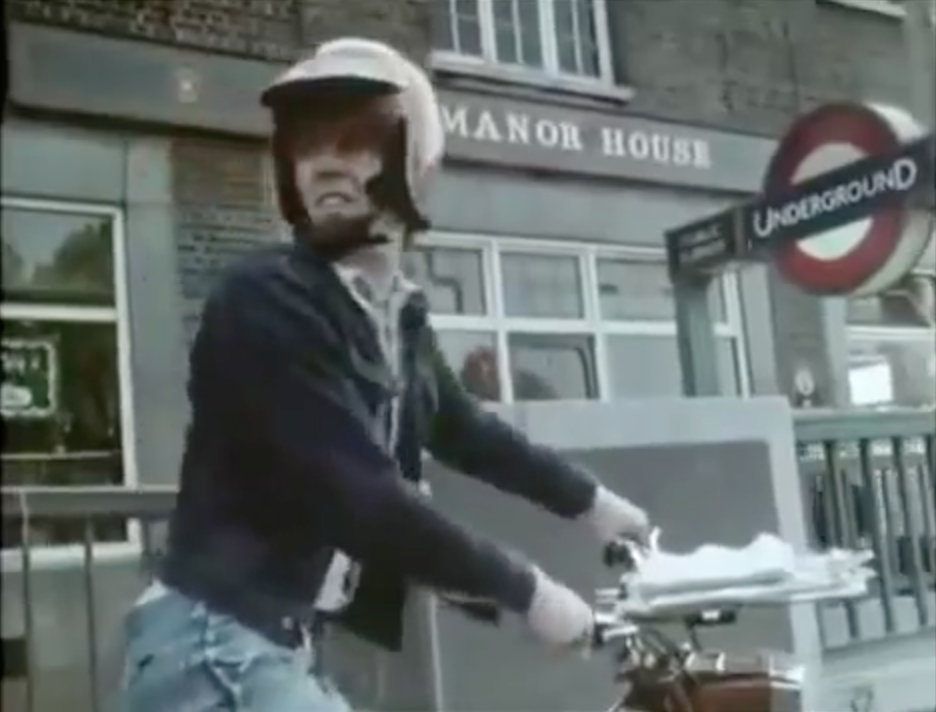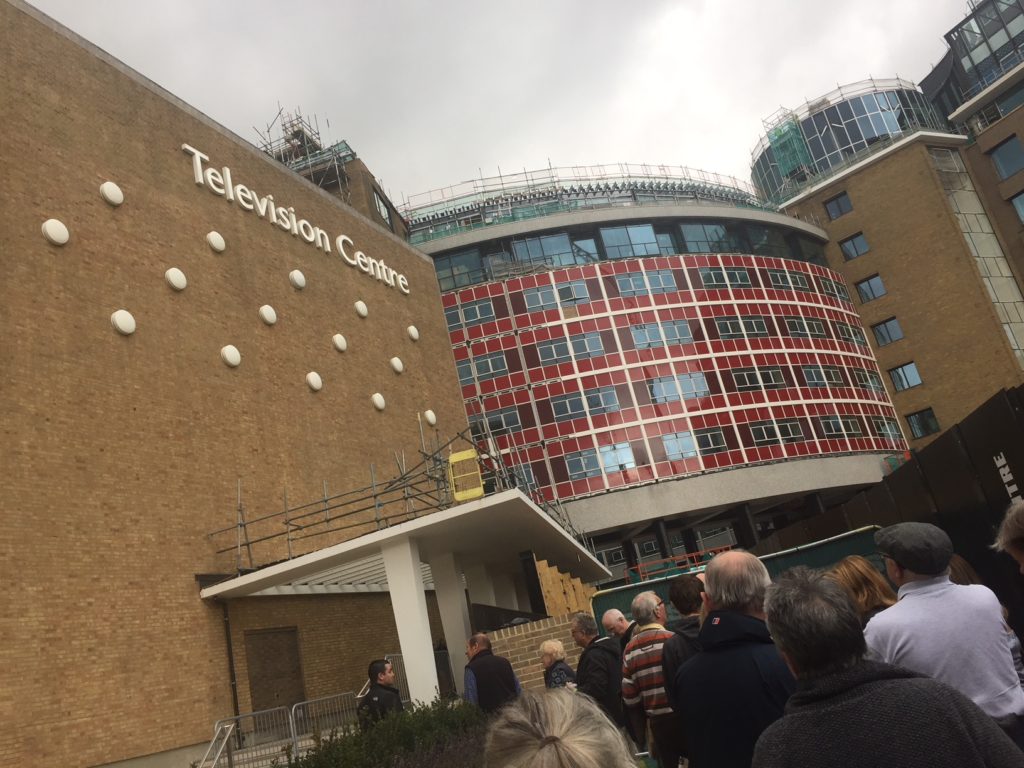Perhaps ten or twelve years ago now, there was a comment on the internet that was wrong. I know. But this one stuck with me because it was so wrong that I took it as a personal affront even though it wasn’t directed at me, wasn’t about me, wasn’t about anything or anyone that had the slightest connection to me.
Except it did. It was a comment about drama and specifically about Jack Rosenthal’s 1979 television play The Knowledge. If you saw it, you remember it. This is the one following a group of people learning to become London cab drivers. The Knowledge is the name for the real-life process cabbies go through, a stunning test of human memory.
From Rosenthal’s script:
INT. WAITING ROOM, CARRIAGE OFFICE. DAY
BURGESS at the wall mapBURGESS: As laid down by the London Hackney Carriage Act of 1843, all the Knowledge means is that you commit to memory every street within a six-mile radius of Charing Cross. Every street – and what’s on every street. Every hotel, every club, every hospital, every department store, every shop, government building, theatre, cinema, restaurant, art gallery, park, church, synagogue, mosque etcetera, etcetera, etcetera. And etcetera. You name it, you’ve got to know it.
This is all true and it still is today but here’s Rosenthal talking about turning the Knowledge into a drama:
“…it sounded a fascinating idea. Or – as usual – half a fascinating idea. I took a cab back home to sit and worry about it in comfort, and a few weeks later, the second half shyly suggested itself. It was simply to people the story with characters who, in doing the Knowledge, would achieve some glimmering of self-knowledge.”
That quote is from his book, The Chain with The Knowledge and Ready When You Are, Mr McGill. It’s a trio of scripts in a book I’ve had for thirty years and have re-read so often that it’s dog-eared. It’s a favourite book and I’m minded of it now, talking to you, because I’ve been trying to read a script a day this year.
You can argue that this resolution hasn’t gone well. Today is the 130th day of 2018 – sorry to break that to you – and I just finished reading my 299th script. It’s a failure of discipline but I can live with it.
Script number 289, last Saturday, was The Knowledge. I’ve got the broadcast show somewhere but I think on VHS so I had a look for some clips on YouTube. I only found the entire play there. When I play this now the video leaps to about 24 minutes in. I didn’t ask it to. Scroll back to the start and get yourself some tea.
I’m uncomfortable that someone’s work is just chucked on YouTube for free but I did buy the script, I did buy the VHS, I don’t believe The Knowledge is commercially available and, besides, there was no possible way I could stop myself watching.
You can over-praise something but, on consideration, The Knowledge is perfect. Well, I’m not certain about the theme song, I feel that’s dated a bit, but otherwise it’s perfect in the way that I think television drama should be. You’re just entirely and completely with these characters in that story, you’re not conscious how well constructed it all is.
By god, though, it’s a masterclass in writing. Every beat, every syllable is precisely placed and then I think also precisely acted. Nigel Hawthorne played Mr Burgess and that speech of his about what the Knowledge is ought to be death for any actor.
It’s exposition and if you think that’s a long speech, it is only a fraction of the full thing. Hang on, let me check. Burgess enters on page 86 of the paperback and with flashbacks to how various characters got to be there, he finishes his speech on page 94.
No current television drama would allow that and they’d say because it’s too long, too boring. I’m afraid I think Rosenthal is evidence that the reason is few people can write that well. The flashbacks are substantial but still, the sheer tonnage of information Mr Burgess gives out is overwhelming yet beat after beat, line after line, pause after pause, it is mesmerising.
Then just to demonstrate his skill in dialogue, Rosenthal will next have a scene with maybe one exchange between two characters. Just one exchange but it tells you a bit of plot if necessary plus you get the entire character of both people, you understand their world view, you see how they’re actually diametrically opposed and yet also how they don’t realise that.
And then the lead character of the play, Chris (Mick Ford), will set off on his scooter to learn the first route that London cabbies have to know. Manor House Station to Gibson Square.
CHRIS: One down. Only four hundred and fifty-nine to go.
Here’s the internet comment that so rankled me that it came back to mind the moment I knew I wanted to talk to you about The Knowledge. Someone somewhere said that to enjoy The Knowledge at all, you have to be a London cabbie.
For the first and I believe last time, I replied to an internet eejit. I wrote a sentence giving the letter F a three-star rating.
When I pitch a drama idea or even when I’m just thinking about one, the first thing I’m likely to say is what it’s about. But then I say that as fast as I can because what I really want to get onto is the next part: what it’s really about.
Thirty-nine years after it aired and after I first saw it, I’m still trying to write as well as The Knowledge. And I’m also still intending to go from Manor House Station to Gibson Square one day.
The joys of YouTube being what they are, though, someone has already done it for me.

